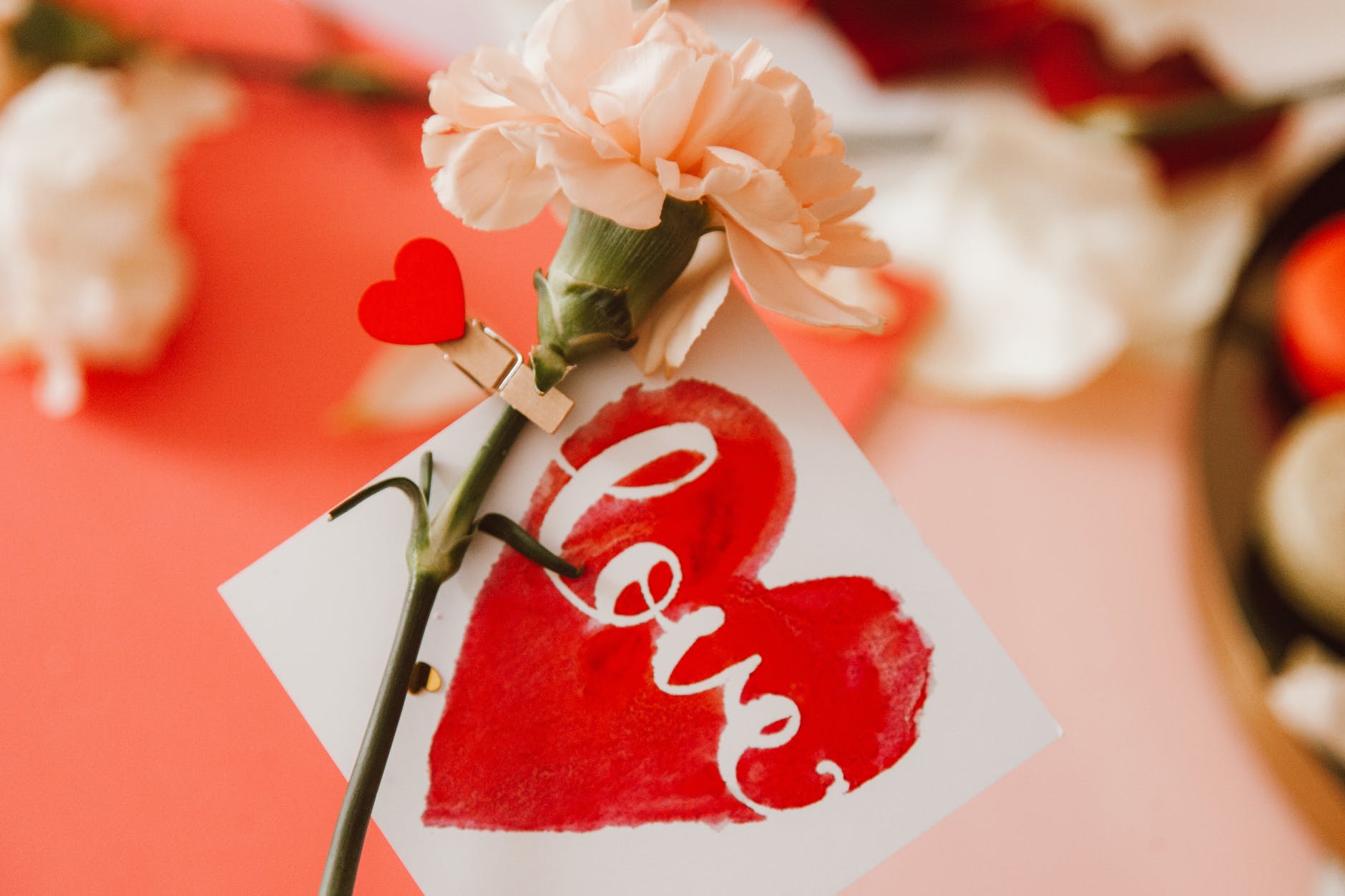In “Attached: The New Science of Adult Attachment and How It Can Help You Find – and Keep – Love,” authors Amir Levine and Rachel Heller delve into the profound impact of attachment styles on adult relationships. This groundbreaking book adapts attachment theory, traditionally used to understand child-parent bonds, to the realm of adult romantic relationships. In this blog, we’ll explore the key insights from “Attached” and share a powerful story of healing anxious attachment.
Understanding Attachment Styles
Levine and Heller introduce three primary attachment styles: anxious, avoidant, and secure. These styles influence how individuals perceive and behave in their relationships. Understanding your attachment style is a crucial step in fostering healthy, fulfilling connections.
- Anxious Attachment: Individuals with an anxious attachment style often fear abandonment and seek constant reassurance from their partners. They may become preoccupied with their relationships, worrying about the possibility of rejection.
- Avoidant Attachment: Those with an avoidant attachment style value independence and self-sufficiency. They tend to prioritize personal space and may have difficulty expressing their emotions or depending on others.
- Secure Attachment: Securely attached individuals are comfortable with emotional intimacy and independence. They can communicate their needs and feelings effectively and believe in the reliability of their partners.
Story of Healing Anxious Attachment
Sarah, a young woman in her late twenties, recognized that she had a pattern of anxious attachment in her romantic relationships. She would become intensely preoccupied with her partners, constantly seeking reassurance and validation. Her anxiety often led to conflicts and misunderstandings, ultimately straining her relationships.
Sarah’s healing journey began when she read “Attached” and learned about the concept of attachment styles. She identified herself as having an anxious attachment style, which explained her emotional rollercoaster in relationships.
Sarah decided to seek counseling to work through her attachment issues. Her counselor helped her explore her past and understand the roots of her attachment style. Sarah’s early experiences had left her feeling uncertain about her worth and needing constant affirmation from others. Through counseling, she learned to build her self-esteem and recognize her own value.
As she progressed in counseling, Sarah also worked on her communication skills. She discovered that open, honest conversations with her partners were essential for building trust and understanding. Her counselor guided her in practicing effective communication techniques and encouraged her to express her needs and feelings clearly.
Sarah’s most significant breakthrough came when she realized that her anxious attachment style didn’t define her worth or her ability to have a healthy relationship. She started to embrace the principles of a secure attachment, such as self-assuredness and trust in her partner’s reliability.
Sarah’s transformation was remarkable. Her relationships began to thrive as she developed a more secure attachment style. She no longer felt the overwhelming need for constant reassurance, and her partners appreciated her newfound confidence and emotional maturity.

Conclusion
“Attached” by Amir Levine and Rachel Heller shines a light on the impact of attachment styles in adult romantic relationships. By understanding your attachment style and working through its challenges, you can experience more fulfilling and healthier connections. The story of Sarah illustrates that healing anxious attachment is possible, and it can lead to profound transformations in one’s love life.
At The Pursuit, we recognize the importance of addressing attachment issues in the pursuit of healthier, more fulfilling relationships. Our counseling services offer a supportive and non-judgmental environment for individuals like Sarah, who seek to heal their attachment wounds and embark on a path of secure, loving connections. By applying the insights from “Attached,” you can take a significant step toward a more secure and fulfilling love life.
Are you ready to take the first step on your Pursuit towards a happier, healthier you? We invite you to book your free 20-minute consultation with one of our skilled therapists. Don’t wait; it’s time to invest in your well-being. Simply click “Book Now” to start your Pursuit towards personal growth and positive change today.

View comments
+ Leave a comment